Comments
- No comments found
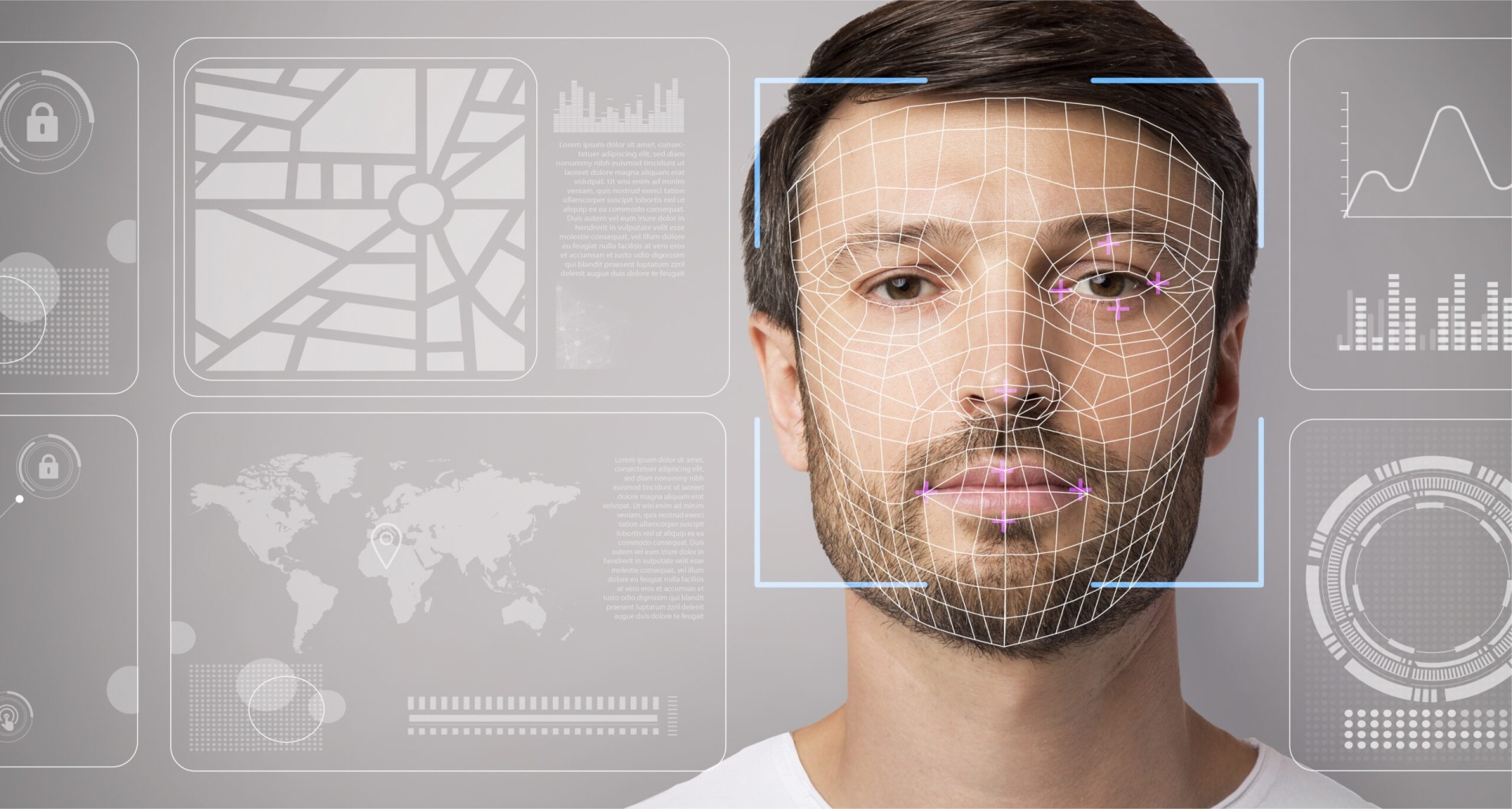
Digital identity is a crucial component of our online lives, enabling us to access a range of services from banking to social media.
For millions of people around the world, lack of a secure digital identity is a barrier to accessing basic services, including healthcare and education. As the world becomes increasingly digitized, it is vital that we ensure that everyone has access to secure, reliable digital identity systems.
In this article, we will explore how digital identity can unlock inclusive growth, empowering individuals and businesses around the world. We will examine the challenges facing the development of digital identity systems, and consider the role that technology, including blockchain and biometrics, can play in creating more inclusive and secure systems.
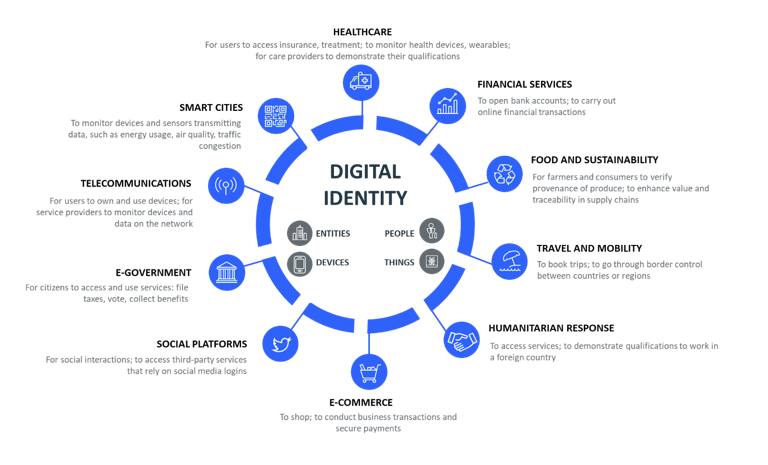
Source: World Economic Forum
A secure, reliable digital identity is a basic requirement for participation in today’s increasingly digitized world. Digital identity systems enable individuals to access a wide range of services, from banking to social media. They are also essential for businesses, enabling them to verify the identity of customers, employees, and suppliers.
Lack of a secure digital identity is a significant barrier to access to basic services, including healthcare, education, and financial services. In many parts of the world, individuals lack the necessary documentation to prove their identity, making it difficult for them to access services or participate in the economy. This lack of access can perpetuate poverty and inequality, preventing individuals and communities from realizing their full potential.
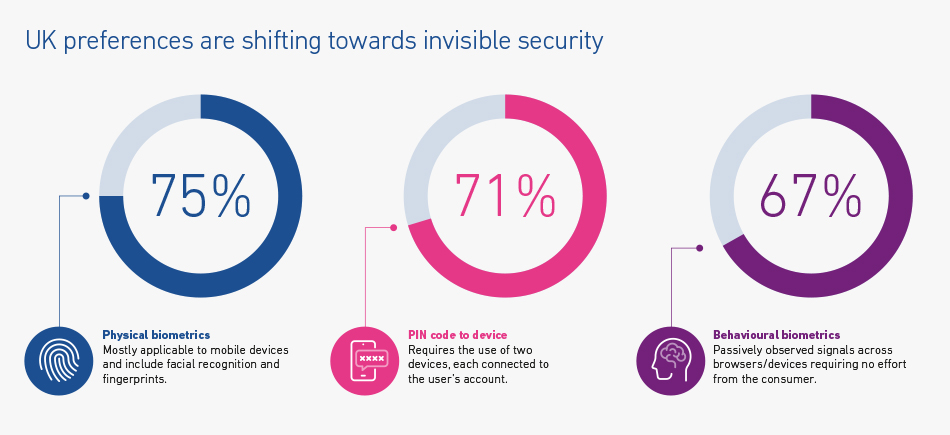
Source: Experian
Developing secure, reliable digital identity systems is not without its challenges. One of the main challenges is ensuring that digital identities are secure and cannot be easily hacked or stolen. Identity theft is a growing problem, with cybercriminals using stolen identities to commit fraud and other crimes.
Another challenge is ensuring that digital identity systems are inclusive and accessible to everyone. In many parts of the world, individuals lack the necessary documentation to prove their identity, making it difficult for them to access services or participate in the economy. This lack of access can perpetuate poverty and inequality, preventing individuals and communities from realizing their full potential.
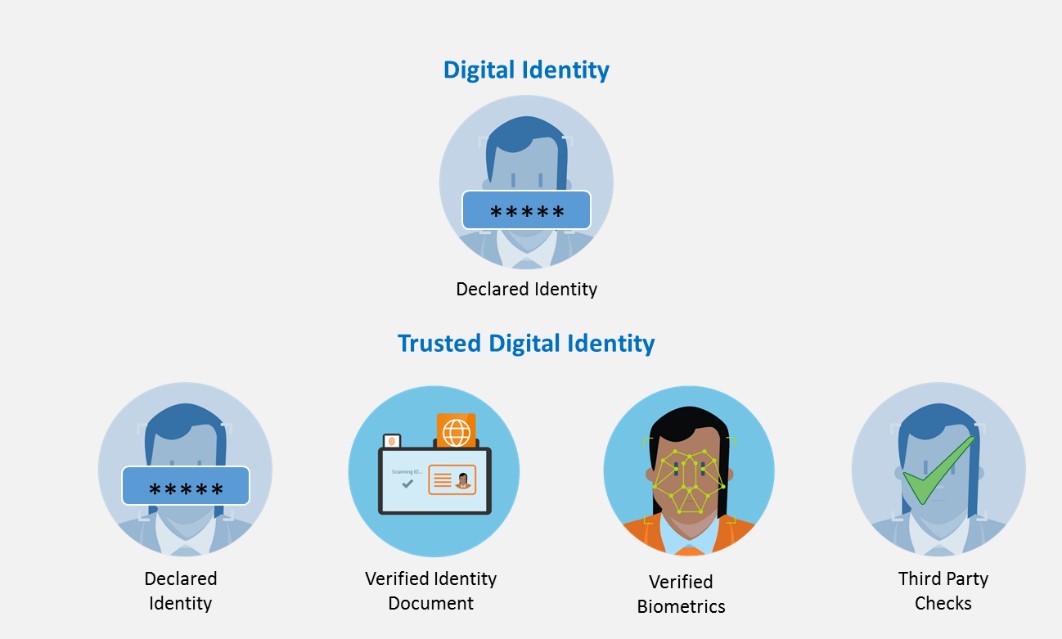
Source: Thales
Technology, including blockchain and biometrics, can play an important role in creating more secure and inclusive digital identity systems. Blockchain technology, for example, can be used to create a decentralized identity system that is more secure and resistant to hacking. By storing identity data on a decentralized ledger, rather than a central database, blockchain can prevent data breaches and identity theft.
Biometrics, such as fingerprints and facial recognition, can also be used to create more secure digital identity systems. By using biometric data to verify the identity of individuals, these systems can prevent identity theft and ensure that only authorized individuals are able to access services.
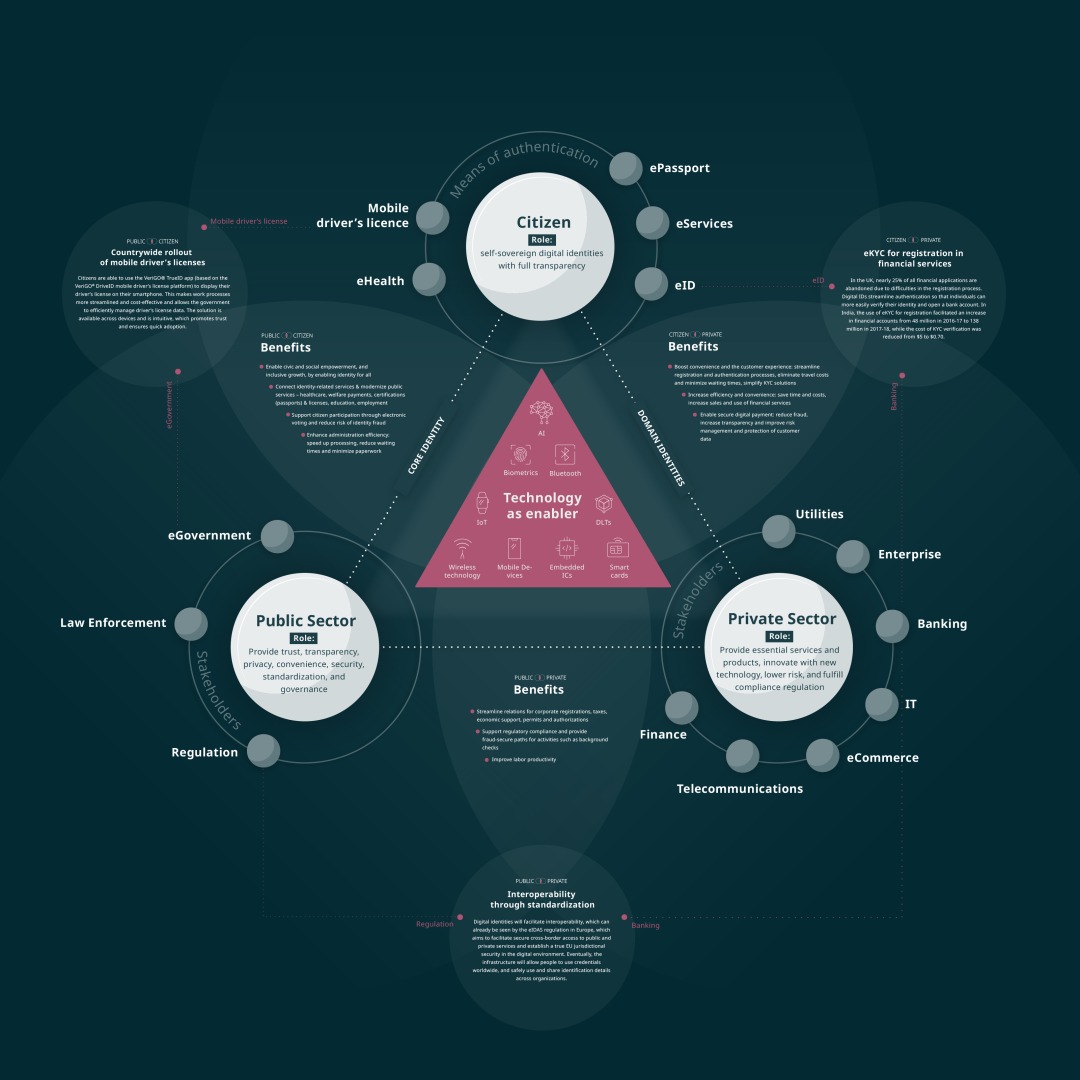
Source: Gi-De
Digital identity is a crucial component of our online lives, enabling us to access a range of services from banking to social media. However, lack of a secure digital identity is a significant barrier to access to basic services, including healthcare, education, and financial services. Ensuring that everyone has access to secure, reliable digital identity systems is essential for promoting inclusive growth and empowering individuals and businesses around the world.
While developing secure, reliable digital identity systems is not without its challenges, technology, including blockchain and biometrics, can play an important role in creating more inclusive and secure systems. By harnessing the power of technology, we can create digital identity systems that are more secure, more inclusive, and more accessible to everyone.
Leave your comments
Post comment as a guest